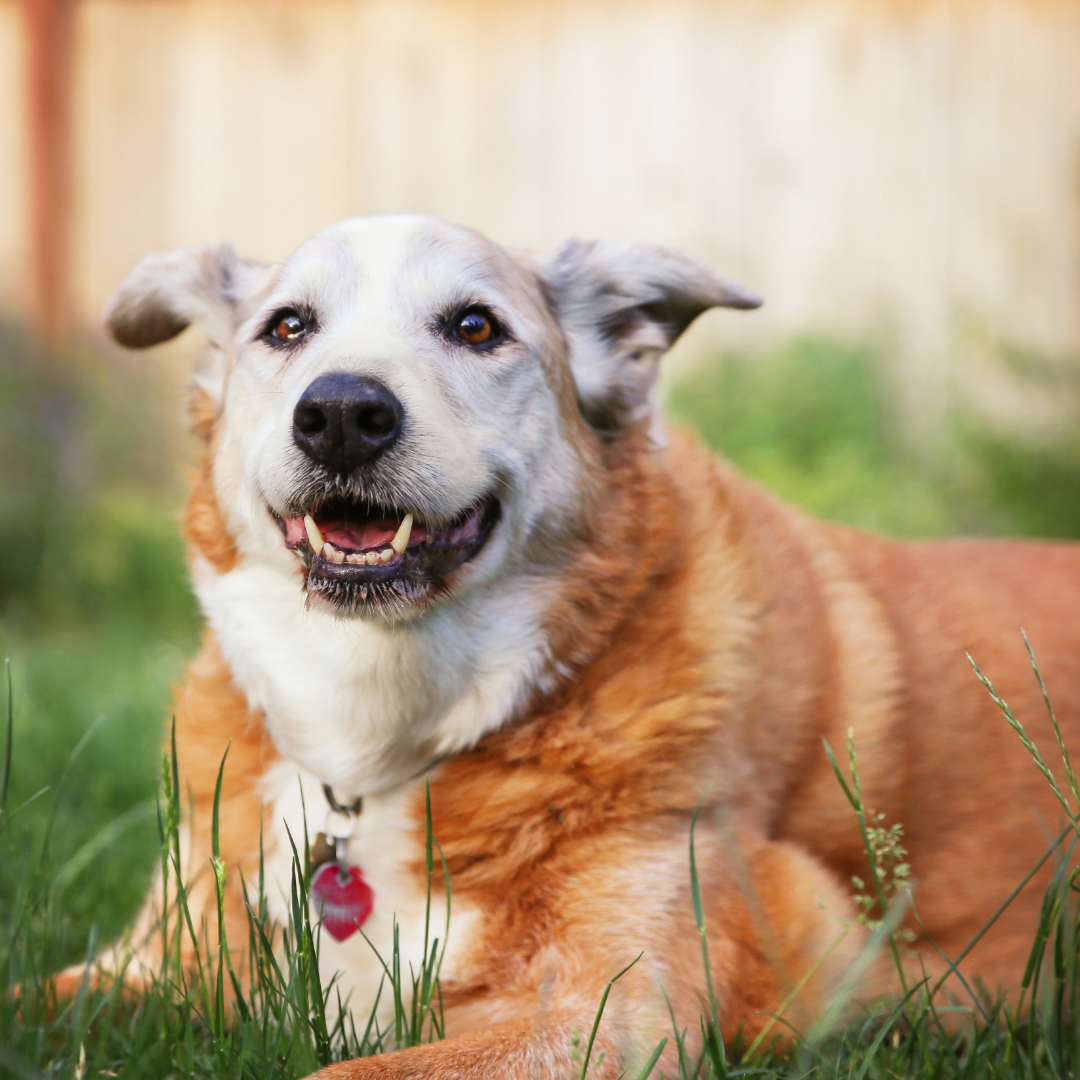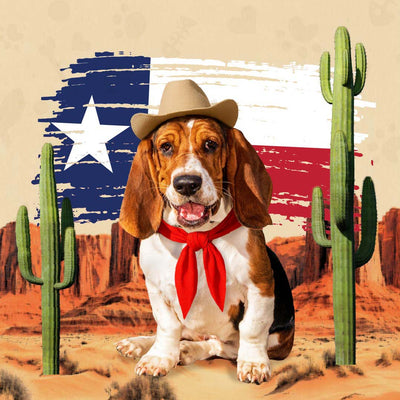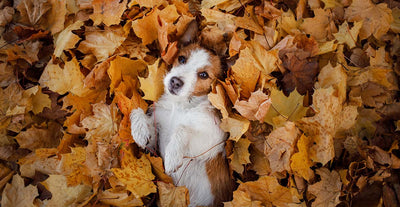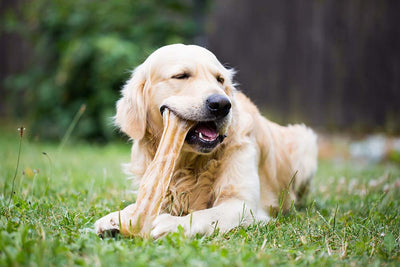7 Things Your Senior Dog Wants You To Know
Having a dog is one of the best things in the world, but it isn’t without its downsides. One of the worst aspects of having a dog as a family member is watching them age relatively quickly. Most dogs enter their senior years at around 7 years old, a little sooner for larger dog breeds. They begin to slow down, they may gain weight more easily, their senses start to dull. An older dog’s behavior will give you plenty of hints as to what he needs, but sometimes it helps to put it in words. If your senior dog could talk, here are a few things he or she would most likely tell you.
- I can’t see as well now. I can’t hear as well either.
If you think your dog is starting to ignore you, you may find that he simply doesn’t hear you calling, or he can’t see the ball you threw in what you thought was plain sight. Often, owners don’t notice the signs that a dog is losing his sight or hearing until the loss is severe. One of the signs may initially look like aggression — if a person comes up and touches the dog without the dog noticing the approach, the dog may react out of defensive surprise. This could also be because the touch caused pain in arthritic or sensitive areas, but we’ll get to that in a moment. In the case of hearing loss, one of the ways you can prepare for a smooth transition to deafness is to start training with hand signals early. When your dog knows hand signals well, it won’t matter as much that he can’t hear what you’re asking of him. Also, many dogs who are hard of hearing can still detect vibration, so you can get your dog’s attention by using hand claps, knocking on a hard surface or some other noise-making strategy. Vision loss is another problem with subtle signs. If your dog becomes clumsier, can’t find food or water dishes, doesn’t want to move around as much, or is easily startled, a loss of vision could be the culprit. If your vet determines that the behavior changes are indeed due to weakening vision, there are some work-arounds that might help your dog. The ASPCA recommends clearing clutter from the floor, marking different rooms with different scents or with differently textured rugs so your dog recognizes which room he’s in by smell or touch, blocking off dangerous areas such as pools, and keeping familiar things like furniture, food and water dishes in the same place.
- I am a little more anxious now.
Senior dogs often have a harder time handling stress. Things that weren’t issues before may become so, such as separation anxiety (even to the point of being anxious at night because you’re asleep and not alert to them), visitors entering the home, interacting with new dogs, new noise phobias or simply acting more irritated or agitated than usual. Some dogs might become more clingy while other dogs might want to be left to themselves more often. Though much of this can be chalked up to dulled senses and increased pain, it’s important to rule out medical issues for anxiety. If you notice anxious or more aggressive behavior, visit your vet immediately so your dog gets a full examination to make sure there isn’t a pressing medical issue at the root of the changes. If it is indeed simply the effects of aging, you can help reduce your dog’s anxiety by keeping floors free up clutter, taking more frequent short walks or playing games or food puzzles to increase his mental stimulation, allow him extra space away from strangers or stimulation when in public, keeping a consistent routine so he knows what to expect during the day, and continuing to work with separation training for when you’re away (or asleep!). Most importantly, you want to be as patient as possible, since your dog can still pick up on your mood and that can add to his anxiety.

Recommendation: Get Naked Premium Calming Care
- I get cold more easily now.
There’s a reason why older dogs like warm cozy beds — it’s not as easy to regulate body temperature. A dog who could handle hanging outside all day on a chilly day will likely need a sweater when out and a bit more time inside with a bed close to the heater. Helping your dog keep his body temperature up will help minimize joint and muscle stiffness, and even help him stave off illnesses, since his body won’t be focused entirely on staying warm. Closely monitor your pet’s environmental temperature and watch him for signs of being chilly. If your dog needs a little extra help staying warm, there are of course a huge array of sweaters for when your dog is outside. When indoors, you can help by putting the dog’s bed safely near a heat source.
- I can’t move as well as I used to, because my joints hurt.
Arthritis and joint pain are common problems for aging dogs. Whether it’s an old injury that begins to flare up more often or arthritis that continues to worsen, joint pain can cause several problems for an older dog from difficulty getting into the car or down the stairs to being able to move around in cold weather. To stave off joint issues for as long as possible, it’s a great idea to give your dog chondroitin and glucosamine supplements starting early, even as young as a couple of years of age. When joint pain sets in, anti-inflammatory pain relievers prescribed by a vet could be helpful. You can also provide ramps where a dog needs to climb stairs, take shorter but more frequent walks, provide opportunities to swim or have other non-impactful exercise, provide him with an orthopedic bed and elevated food and water dishes, and even simple measures like not calling him to come to you when he’s lying down unless it’s necessary.


Recommendations: Get Naked Joint Health Biteables & Get Naked Senior Health Biteables
- I may have the same appetite, but I can’t burn calories like I used to.
Obesity is one of the main health issues for older dogs, and it can cause myriad other health problems from exacerbating joint pain and breathlessness to causing heart or liver issues. The reason older dogs tend to become obese is not only because their energy level and activity decrease, but also because their general caloric needs shift. When humans age, our metabolism slows down and we need less food to maintain a consistent weight. It’s the same with dogs. Though they may act just as hungry and treat-crazed as ever, their body isn’t burning the calories the same way, so they gain weight. You may find it’s time to shift to dog foods designed for senior dogs, which have fewer calories, more fiber and less fat, and extra nutritional supplements. You may find that you need to minimize the treats that you dole out throughout the day.

Recommendation: Get Naked Weight Management Dental Sticks
- I get confused sometimes and may forget some of our old rules.
A loss of cognitive ability is common with aging. Your dog may forget simple things like how to navigate around an obstacle or even get lost in areas he’s not familiar with or not recognize people he knows. He may have a harder time performing tasks or learning new tricks. In fact, he may forget behaviors he’s known for a long time such as being house trained. Bathroom accidents may become more common. No matter what, if your dog starts to act strangely or has behavior changes, have him checked out by a vet to be sure of the cause, which could be more than simply aging. But if it does come down to getting older, you can help your dog with medications and supplements as well as simply being more patient with him and helping him when he gets confused or lost.
- I need a little extra care in grooming these days.
Older dogs often experience changes in skin, coat and even their nails. Their skin can become dry and their coat may become coarser. A supplement of coconut or salmon oil with meals can go a long way to solving the problem. But the dog’s skin can also become thinner, so injury may be more likely. It’s important to take extra care when the dog is playing that he isn’t hurt. Because an older dog might not be as likely or as able to do his own grooming, you may need to increase how many times a week you brush out his coat and help him to stay clean. It is a great opportunity to bond with one another, as well as a chance for you to discover any new lumps, bumps or pains your dog may be having that might need to be checked out.

Recommendation: Get Naked Premium Skin & Coat
There are many more things to keep an eye out for as your dog ages, including good dental care to avoid gum disease, a diet that fulfills all of his unique nutritional needs, and watching for other common issues of aging from liver disease to diabetes to more difficulty fighting off illnesses. Though it may sound like a lot of work to care for your dog as he hits the senior years, such devotion has its own special rewards, including knowing that you’ve done everything you can for a companion that has been dependent on you from day one.







